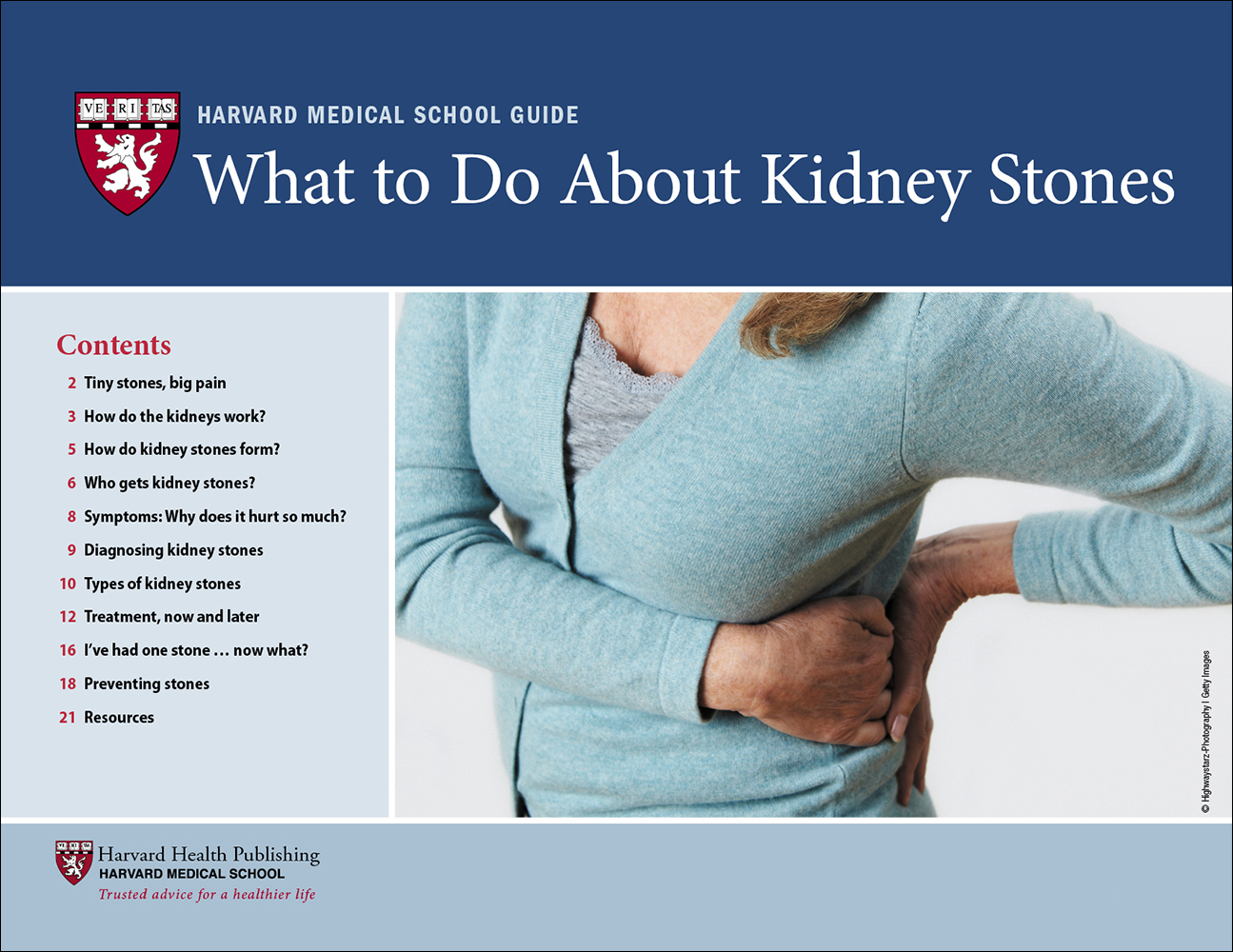You don’t say? The many colors of urine
 If you drink enough water, your urine color should be pale yellow. If you’re even slightly dehydrated, the color darkens. The yellow color is primarily due to the release of hemoglobin byproducts when old red blood cells naturally break down. These byproducts are excreted through the urine and give it color. The less water in your bladder to dilute the urine, the deeper the color.
If you drink enough water, your urine color should be pale yellow. If you’re even slightly dehydrated, the color darkens. The yellow color is primarily due to the release of hemoglobin byproducts when old red blood cells naturally break down. These byproducts are excreted through the urine and give it color. The less water in your bladder to dilute the urine, the deeper the color.
What if your urine turns a different color? It may be caused by something you ate (often in large amounts) — for instance, red urine (from beets, blackberries), orange (carrots), dark brown (fava beans, rhubarb), or green (asparagus).
Interestingly, studies show that foods don’t change everyone’s urine color in the same way, nor is the effect consistent even for an individual.
Many medications can alter the color of your urine. For example, the antidepressant amitriptyline and the anti-inflammatory drug indomethacin can turn urine blue. And other drugs have been linked to green urine.
Red urine may be due to blood from a kidney stone, an infection, or rarely, a tumor. Sometimes the blood comes from something as benign as strenuous exercise. Muscle inflammation or damage (such as after an injury) may lead to a muscle protein called myoglobin leaking into the urine, turning it red.
Brown or cola-colored urine can be a sign of liver disease, like hepatitis, or a blocked bile duct from a gallstone.
So, if you have unusual-colored urine and can’t think of a food or medication link, or if your urine color is abnormal for more than a few days, see your doctor. Otherwise, don’t panic if your urine is more colorful at times. Just go with the flow.
Image: © DmitriyKazitsyn/Getty Images
About the Author

Matthew Solan, Executive Editor, Harvard Men's Health Watch
Disclaimer:
As a service to our readers, Harvard Health Publishing provides access to our library of archived content. Please note the date of last review or update on all articles.
No content on this site, regardless of date, should ever be used as a substitute for direct medical advice from your doctor or other qualified clinician.













